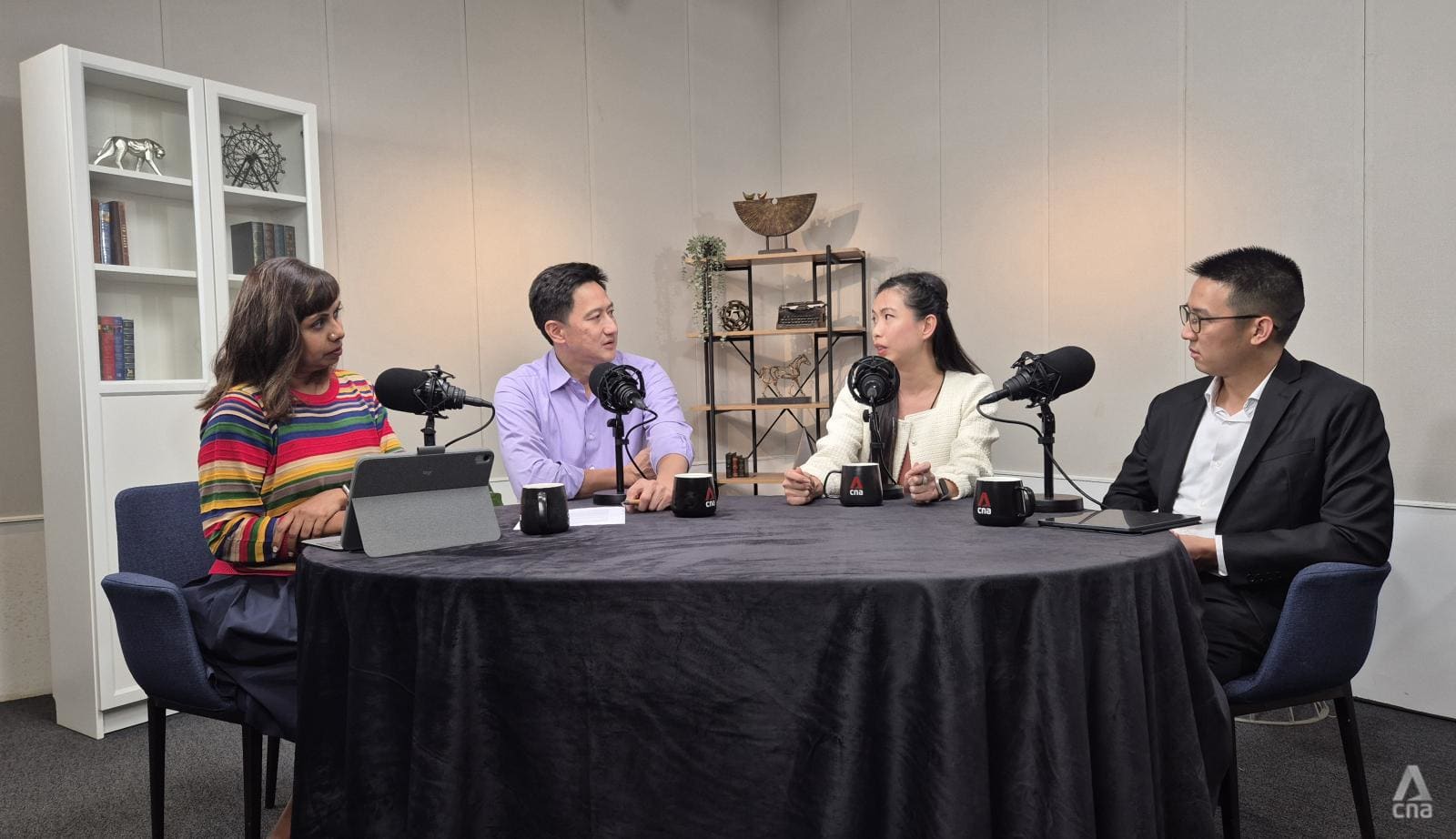Deep Dive Podcast: Will greater police powers help save stubborn scam victims from themselves?
To what extent should some people be protected from giving away their money? Guests on the podcast discuss the merits and downsides of a planned Bill to give police more powers.
.jpg?itok=HLI2xFsk)
CNA's weekly news podcast takes a deep dive into issues that people talk about at dining tables and along the office corridors. Hosted by Steven Chia and Crispina Robert.
To combat the scourge of scams in Singapore, the Protection from Scams Bill was introduced in Parliament. If it is passed, the police will have powers to control the bank accounts of people who insist on transferring their money to potential scammers. But is this a necessary step?
Steven Chia and Crispina Robert speak to Mark Yeo, director at Fortress Law Corporation and Dr Annabelle Chow, principal clinical psychologist at Annabelle Psychology.

Here is an excerpt of the conversation:
Steven Chia, host:
So Mark, if (this) becomes law, it gives police these powers. Why is it important for them to have such powers?
Mark Yeo, Fortress Law Corporation:
The key thing is that the police are already taking active steps. If you look at the mid-year crimes brief released by the police force, they gave some statistics on the number of cases that the banks have referred to them, and they have gone out, tried to persuade people, and they haven't succeeded.
They are thinking, "I need more time to persuade these people, to get family members on board, get social services on board." They need a stopgap measure to buy them some time, which is why this Bill is being proposed.
Crispina Robert, host:
It does sound quite very restrictive because this is my money, it's my day-to-day stuff. Some people argue, "Hey, are you taking away my personal responsibility by doing that?" Do you think (this argument) is very simplistic?
Mark:
As a matter of first principles, we should all be responsible for our money ... our own actions. And if it were not necessary, the police shouldn't have to intervene in daily life.
Crispina:
But the police shouldn't intervene even if it's a bad choice - it's my bad choice.
Mark:
That's right. I tend to fall personally on the side of personal responsibility, that it's your money.
If your friends, your family, even the police, are trying to convince you that this is not legitimate, but you choose to do so, then you can't turn around and say, 'Why didn't the police stop me from being scammed?'
But if you were to balance it, a lot of the targets here are elderly folk ... the sum of money that is being scammed out of them tend to be entire life savings. And once that happens, society has to pick up the pieces when they need social services support, things of that nature.
Dr Annabelle Chow, clinical psychologist:
I imagine the foundations of law rest upon ensuring that there's justice, and the people are well looked after. And I always imagine it like a parent-child relationship between the government and us, right? So it's like, "I'm telling you, this is dangerous, but if you still decide to do it, then you have to suffer the consequences." But if you suffer the consequences, a lot of times, parents will try to save their children.
Steven:
But parents will not, or cannot stop you from making that mistake. You will still end up making it. In this case, we're saying, 'I will stop you.'












